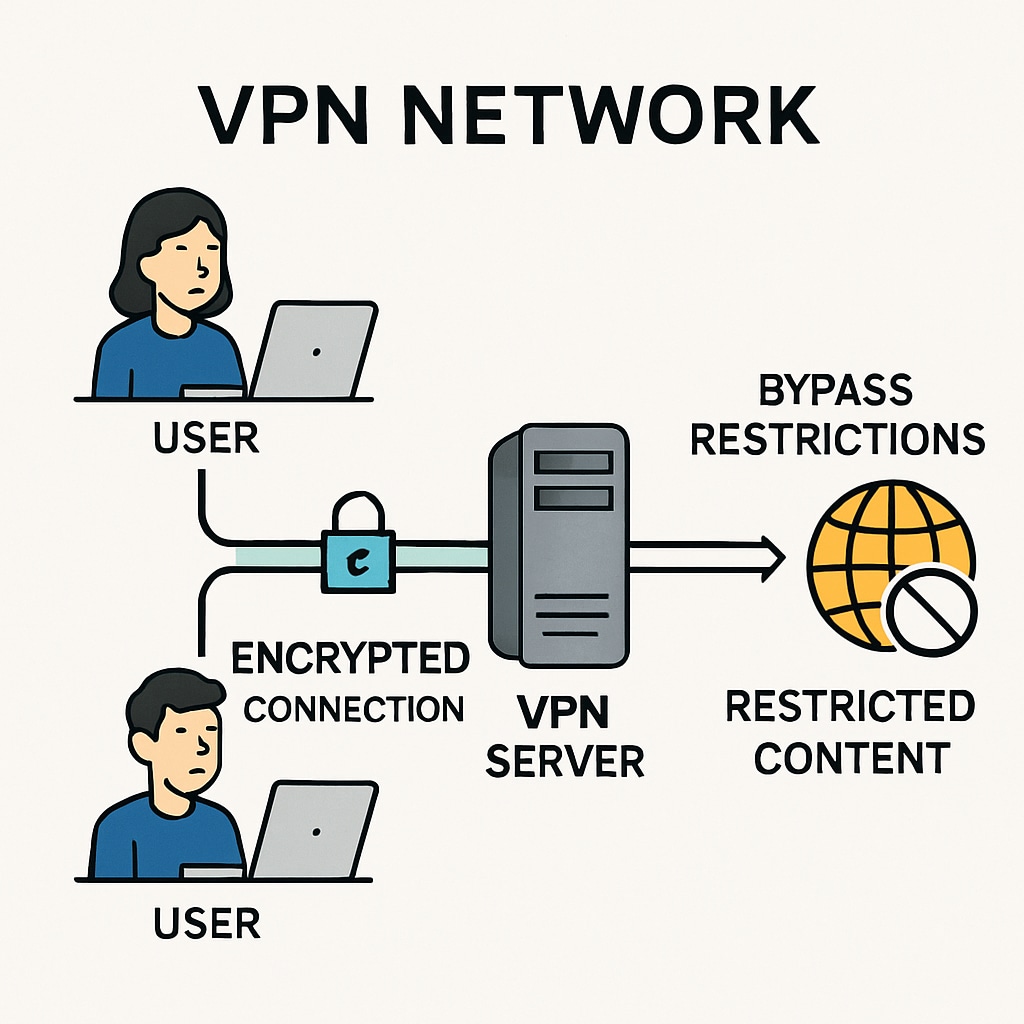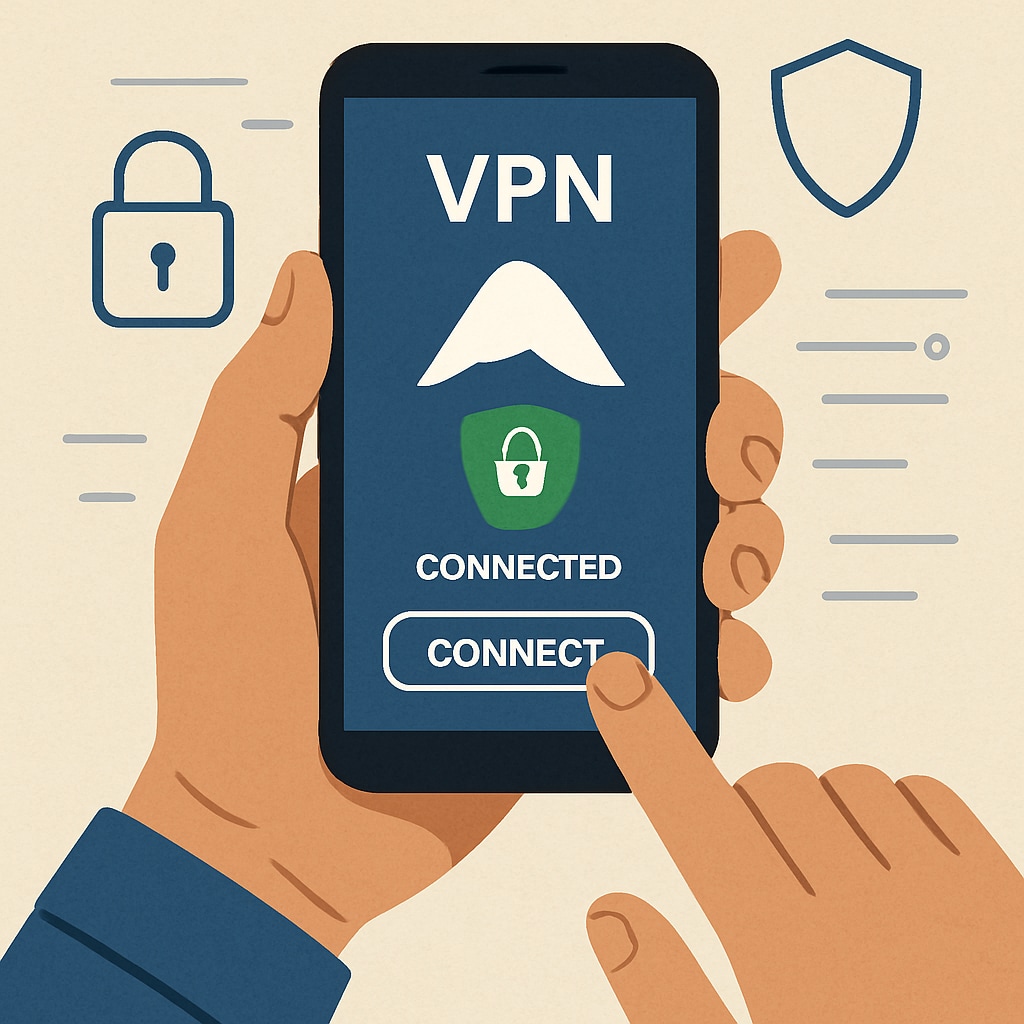The introduction of the UK’s age verification law has triggered a surge in VPN (Virtual Private Network) usage across the country. As the government aims to regulate access to adult content, many users are turning to VPNs to maintain their online privacy and circumvent restrictions. This shift raises critical questions about the balance between protecting minors and safeguarding digital freedoms.
Understanding the UK’s Age Verification Law
The UK’s age verification law, often referred to as the Online Safety Bill, mandates that websites hosting adult content implement robust measures to verify users’ ages. The primary goal is to prevent minors from accessing inappropriate material. To comply, users must provide proof of age, such as a government-issued ID or credit card information.
While the law is well-intentioned, it has sparked controversy. Critics argue that it infringes on privacy rights and could lead to data breaches. Many users are reluctant to share sensitive information online, fearing misuse or exposure. As a result, VPNs have become a popular tool for bypassing these checks.

Why VPN Usage is on the Rise
VPNs are software solutions that create an encrypted connection between a user’s device and the internet. By masking the user’s IP address and routing their traffic through servers in different countries, VPNs provide anonymity and unrestricted access to content.
The rise in VPN usage following the age verification law is attributed to several factors:
- Privacy Concerns: Users fear their personal data could be compromised during age verification.
- Evasion of Restrictions: VPNs allow individuals to access websites without undergoing verification.
- Global Access: By connecting to servers in countries without similar restrictions, users can enjoy unrestricted browsing.
As a result, VPN providers have reported a sharp increase in subscriptions, with many users specifically citing the new regulations as their motivation.
The Broader Implications of Increased VPN Usage
While VPNs offer numerous benefits, their growing popularity also presents challenges. For policymakers, the widespread adoption of VPNs could undermine the effectiveness of age verification laws. If users can easily bypass restrictions, the law’s intended protective measures may fail to achieve their purpose.
Moreover, this trend highlights the tension between regulatory efforts and digital freedom. Governments worldwide are grappling with similar issues as they attempt to balance safety with privacy. For example, Australia and Germany have explored comparable measures, sparking debates about their implications for online rights.

What This Means for Online Privacy and Security
The surge in VPN usage has broader implications for online privacy and security. On one hand, VPNs empower users to protect their data and maintain anonymity. On the other hand, their misuse can facilitate illegal activities, such as accessing banned content or evading government surveillance.
Furthermore, the reliance on VPNs underscores the need for more transparent and secure regulatory frameworks. Policymakers must address privacy concerns while ensuring that protective measures are both effective and respectful of individual freedoms.
In conclusion, the UK’s age verification law has inadvertently fueled the demand for VPNs, reflecting the complex interplay between regulation, privacy, and technology. As this trend continues, it will be crucial to find solutions that balance safety with the right to digital autonomy.
Readability guidance: This article uses short paragraphs, lists, and transitions to improve clarity. Key terms are defined for accessibility, and the content balances technical details with general readability.


